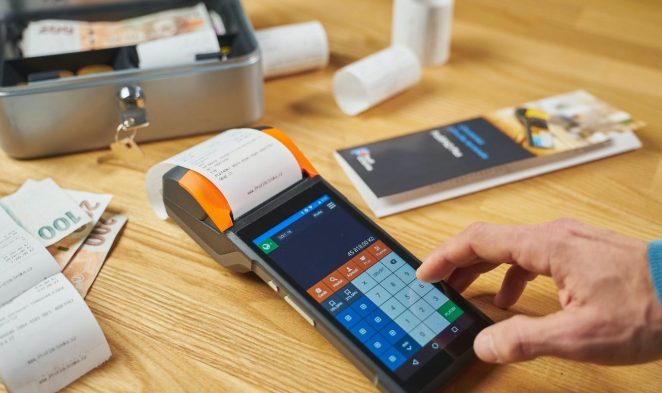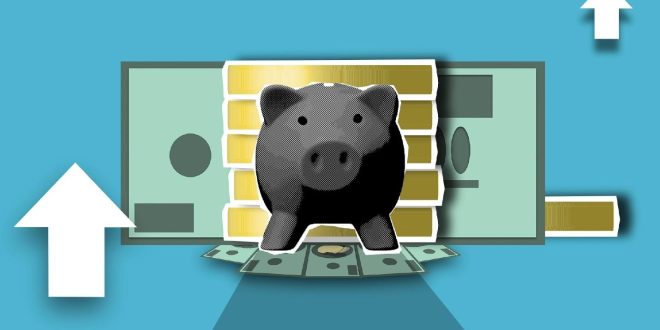In the past several years, the word “loan” has developed a bit of a negative connotation. Why is that? Well, I think a big part of it is the infamy of student debt in certain parts of the world. The coverage on it has leaked into places that it is not even relevant for – that is how extreme it is!
Many young people are sidled with huge debts that will be almost impossible to pay off in the long term. Especially considering the interest rates that some of them charge. They are simply astronomical in some cases. However, this is not the only form that loans take. Most of them are not actually a negative thing. They can be used in a variety of ways, particularly if you opt to take out a personal loan. So, if you are looking to unlearn some of the stigma surrounding them, keep on reading.
What is a Personal Loan?
I’ll start here today with my explanation, and first offer you a resource that I have found valuable in my pursuit to understand them better: https://www.nerdwallet.com/article/loans/personal-loans/what-is-a-personal-loan. I think getting this background knowledge is an essential part of unveiling just why the reputation surrounding them is so negative.
I believe a large part of it is due to a misunderstanding of what they are. Additionally, the difficulty of finding trustworthy brokers and lenders throws a wrench into things too. A lot of us have heard of loan sharks and the destruction that they can bring.
However, taking out a personal loan does not have to be from one of those people or companies. Rather, many trusted financial institutions offer them. They are an amount of money that you borrow from said institution (most commonly a bank or credit union) that you set a length of time to pay back.
This could range from a short-term agreement (a year or less) or a long-term one, which is anything over one year. Most often, it ranges from two to seven years. However, as I said, it varies. This usually depends on who you are borrowing from.

How Does it Work?
The first thing to keep in mind is that in most circumstances, this type of loan is unsecured. That means that you do not have to provide collateral. A collateral is something of value that you offer up to your lender in case you cannot repay. Now, there is not something inherently bad about that type. For instance, many home mortgages are secured loans. Your collateral is your house, in that case.
That being said, with a personal loan, I would personally steer clear of institutions that require collateral. They are something I am wary of, but that will of course be up to your own discretion.
Unsecured loans do often have higher interest rates, so it is a trade-off.
Now, if you do not qualify on your own for a personal loan, you could get a co-signer. Essentially, they are someone who will be responsible for any payments that are missed. Usually, it is someone with a high credit score that vouches for you. You can see some examples here, helsingordagblad.dk, which discusses all three forms I have mentioned so far.

Credit Scores
To go on a small tangent here, I will briefly discuss what a credit score is, as they play an important role in our lives despite the lack of information that we are given about them. Thankfully, many websites allow us to check our scores for free. I recommend using one of them rather than paying for a service to do so.
Your score is a record of your borrowing behavior in the past. This includes any credit cards that you have taken out, along with rental records (and other bills), and of course, prior loans. Having many accounts open at once can be harmful to your score. Paying back what you borrow on time is a benefit.
Before you are approved by most lenders, they will check your score. This will do a hard “pull” on your report, which will reflect negatively. Thankfully, this is just by a few points, though.

What Can You Use a Personal Loan For?
You are probably wondering what might motivate someone to take one out. After all, many other types of loans are quite limiting in what you can use the funds for. This is not the case for this type, though there is a bit of risk of overspending – just be cognizant of that.
Naturally, there are some limitations. You cannot go buy a lifetime supply of candy bars with one, for example. That being said, there is a good variety of options that you have! Usually, the goal with them is not to put you further in debt, but to provide you with investment opportunities or chances to earn higher revenue.
One example that I think of often is home renovations. On the surface, it may just look like something rather self-indulgent. However, in actuality, they can provide a significant boost to the value of your home.
That is what I mean by an investment opportunity. While you can read on this topic more in this article, in essence, you are looking for ways to improve your financial well-being in the future. If (and/or when) you decide to sell your property, a renovation project can add on a lot of value if done well.
Another way you could benefit from one is by using it to consolidate your other debts. If you have many accounts that are all accruing interest at high rates, you could take out one lump sum and use it to pay off all of them. Thus, you are only gathering interest on one loan and only making that single monthly payment rather than having to keep track of all of them!
All this being said, there is no shame in using one for a slightly less responsible reason. One that is fairly popular is for financing a wedding. Think about it – they are a joyous celebration, but they can absolutely be quite expensive.
Paying for all of it at once if you want a big party with a special venue and many guests can be a real challenge. It often feels out of reach. However, with a carefully deliberated and selected personal loan, your dream wedding could become a reality. Just do not borrow excessively out of your budget – be certain you can repay it down the line.

Are they a Good Idea?
This is probably the main question you are looking for an answer to after reading what I have said thus far. It is admittedly difficult to give a definitive “yes” or “no” because of the nature of personal loans. The worth is largely dependent on what you use it for.
If you take one out that you know you cannot pay back, for example, it is probably not a good idea. However, for business ventures or home renovations where you will get bang for your buck, I am more inclined to lean towards yes, it is a good idea.
Just examine the terms of the loan closely before you say yes. Do not agree to an absurdly high-interest rate, for example – study the market and see if it is a competitive rate that they are offering you. Consider the length of the loan and whether you want to be having that monthly expense for such a long (or short) period.
Exercise caution but know that inherently they are not evil in nature. While lenders do intend to make a profit, most are not predatory. Obviously, be wary of those who are. However, if you find a trustworthy broker and have a firm action plan for what you want to do with those funds, you have little to worry about.
 Vermont Republic Second Vermont Republic
Vermont Republic Second Vermont Republic




